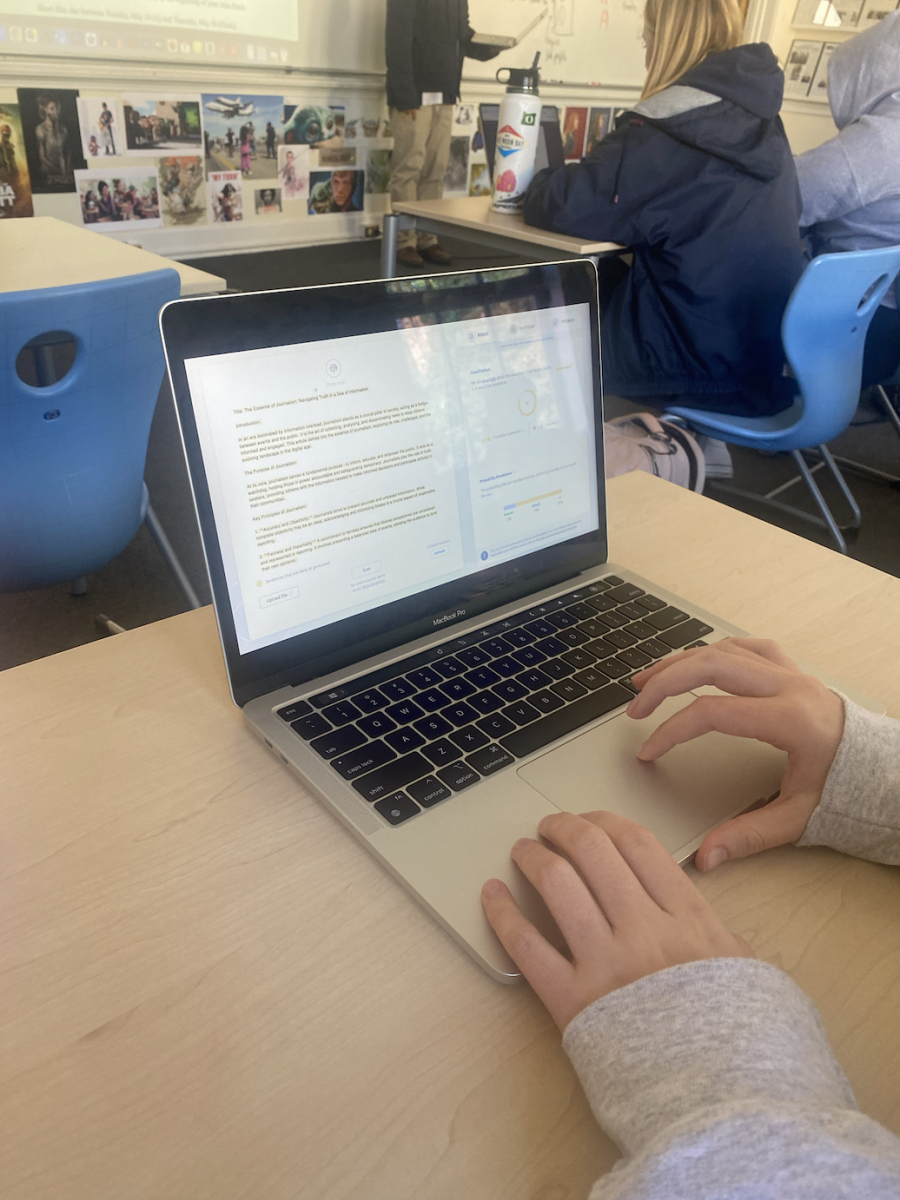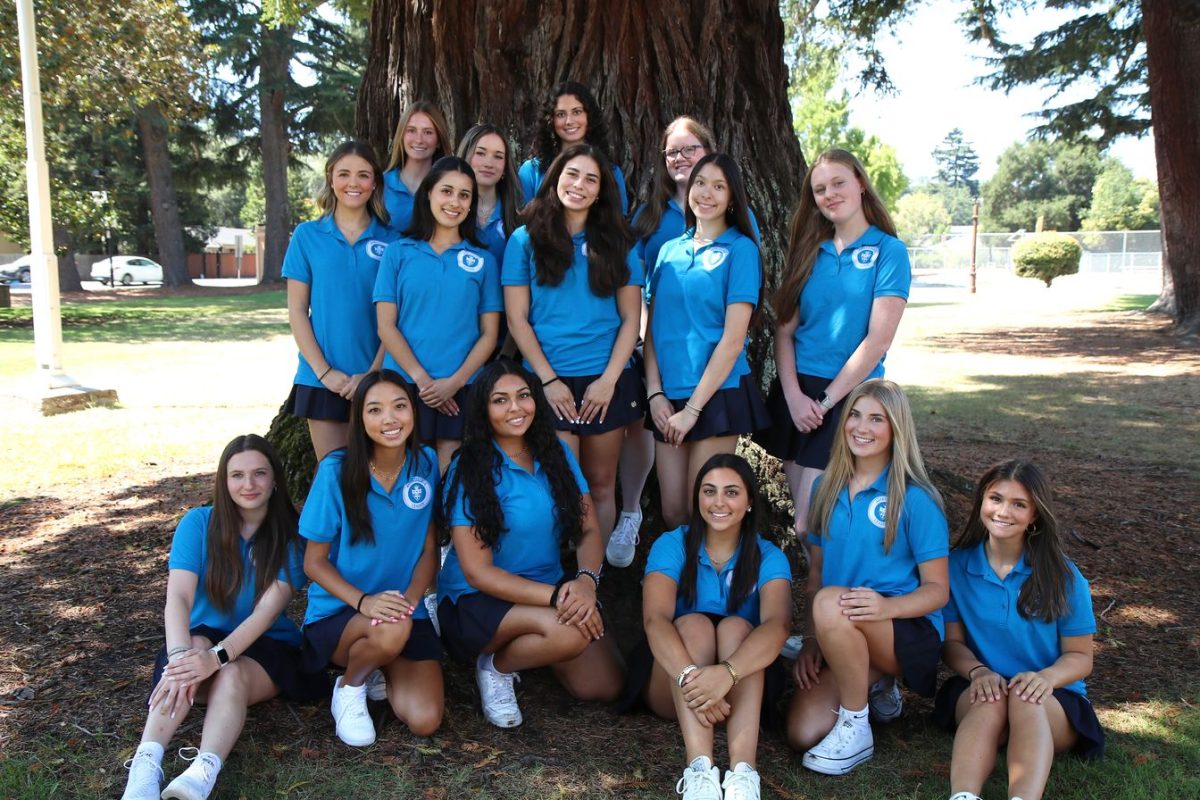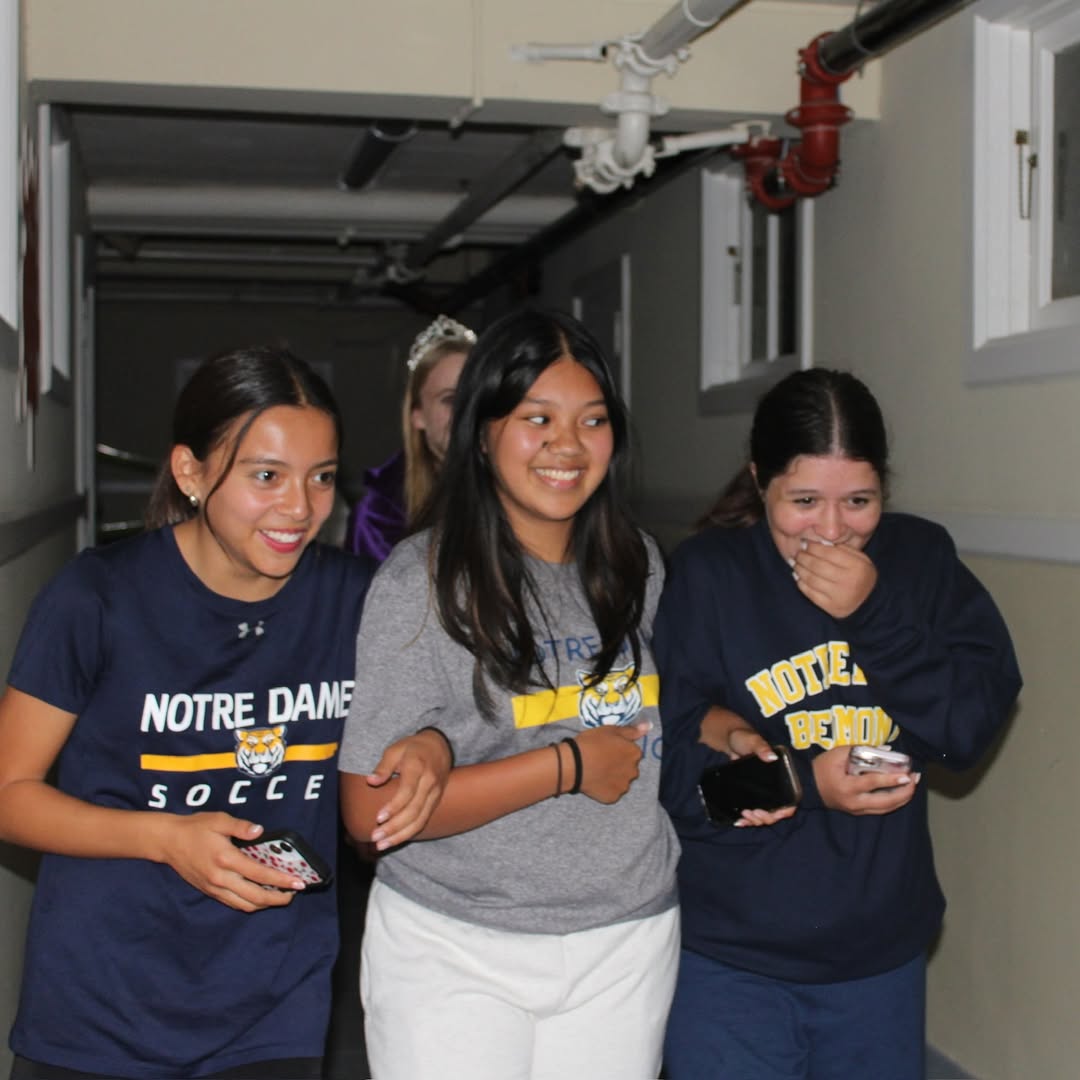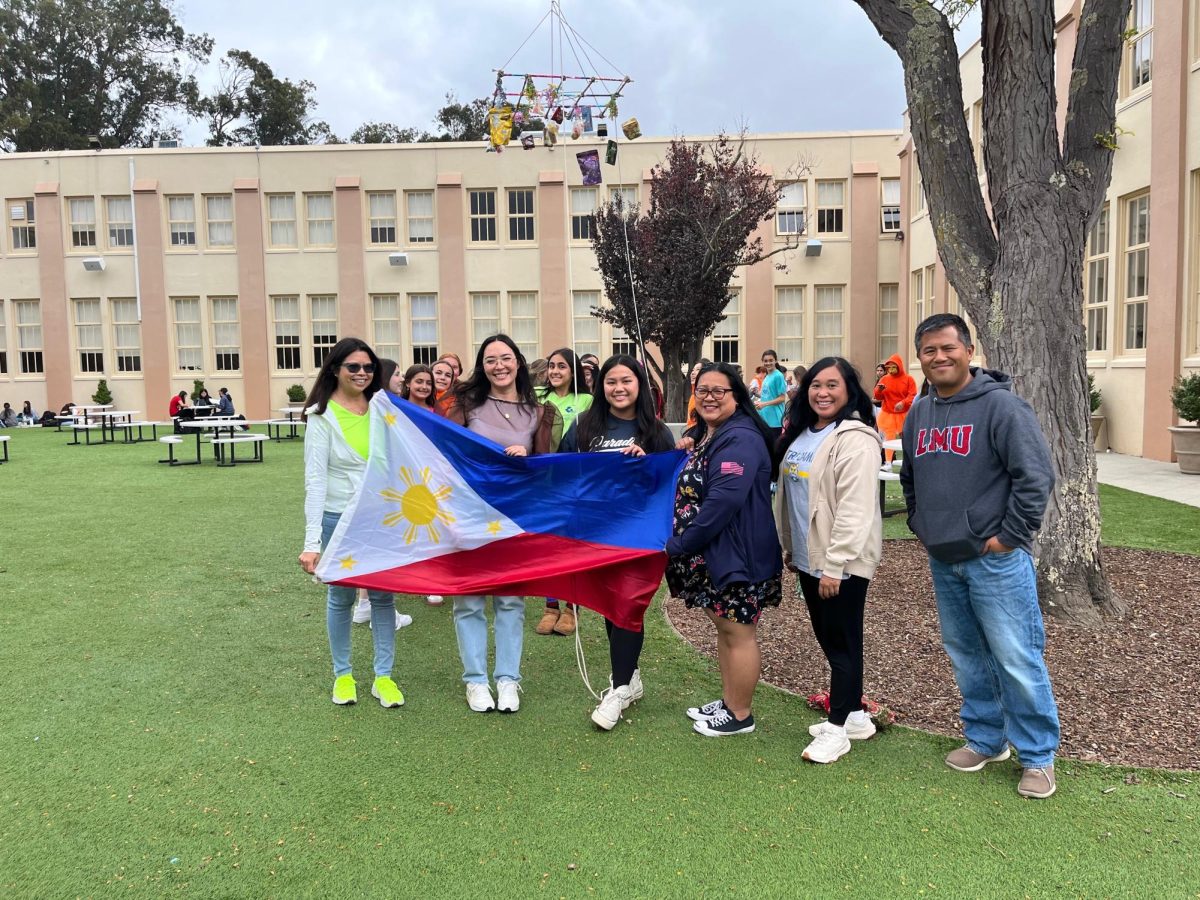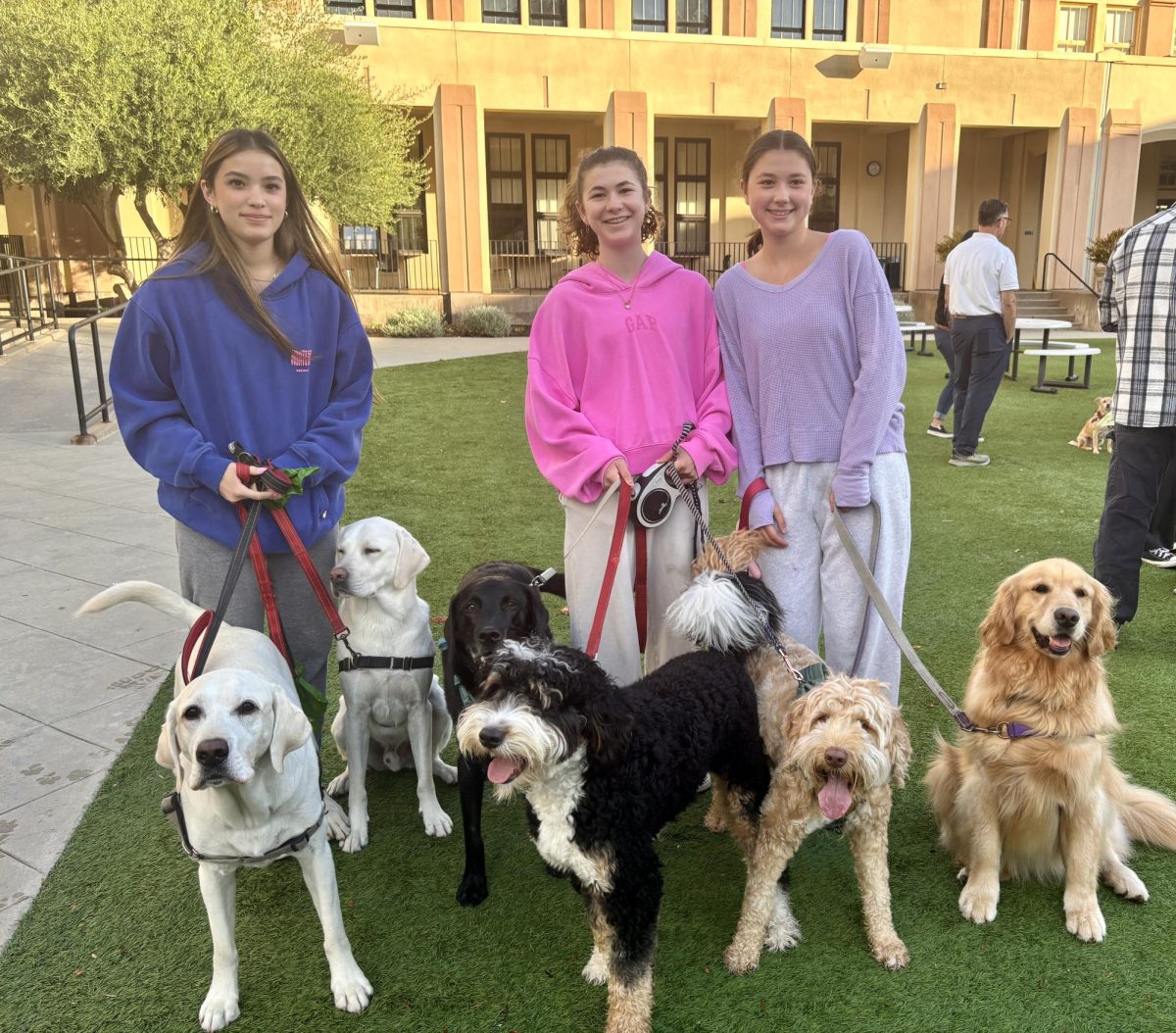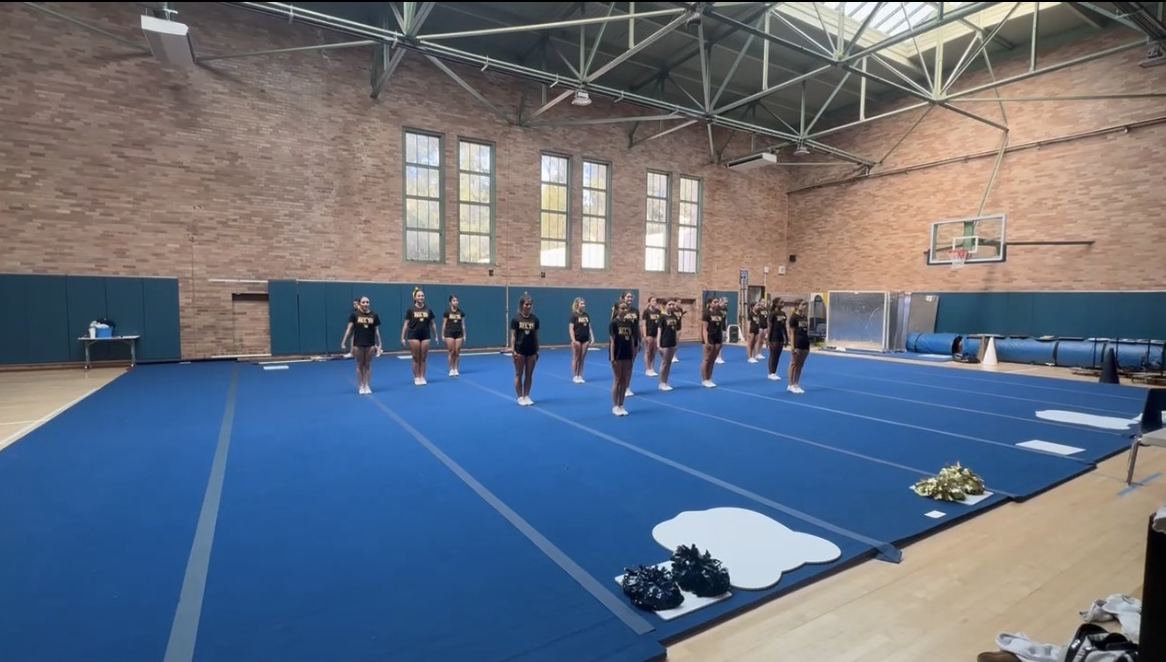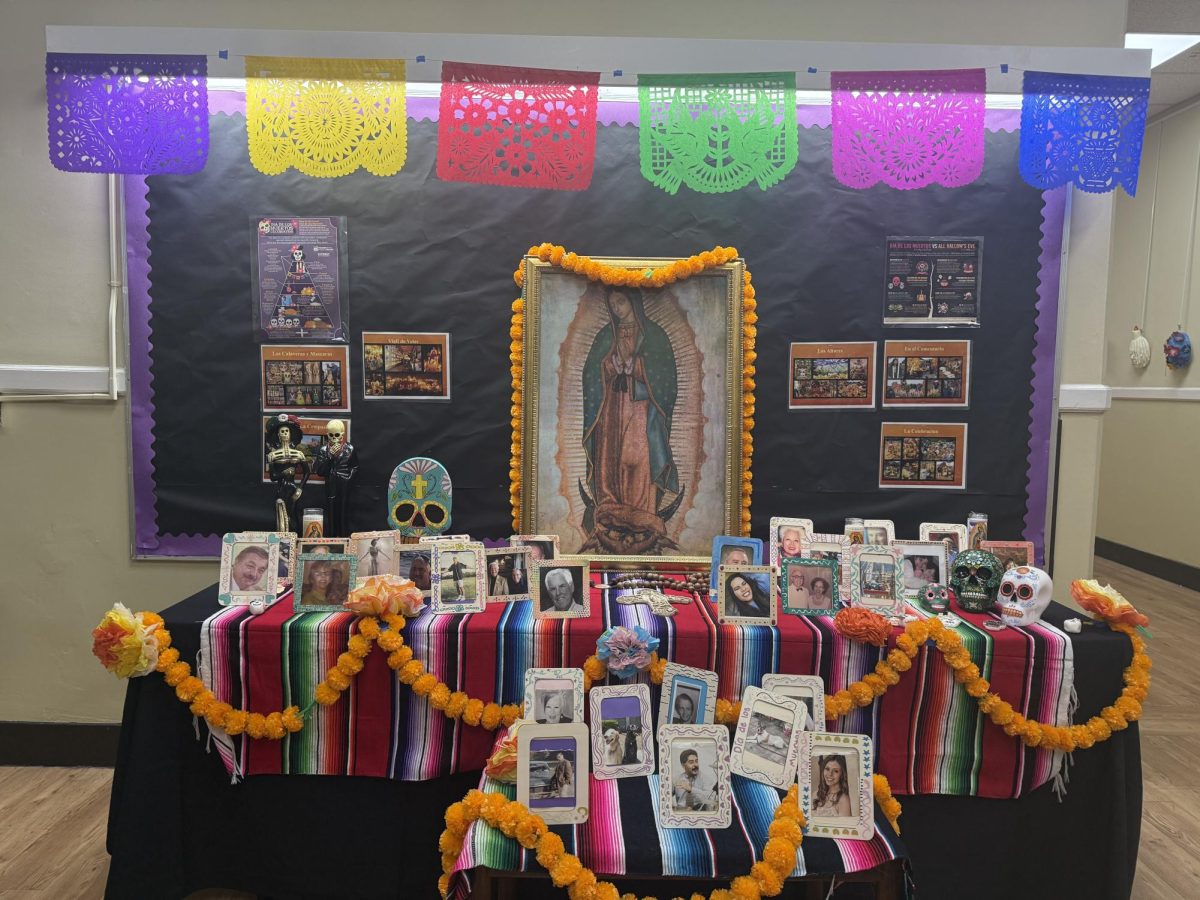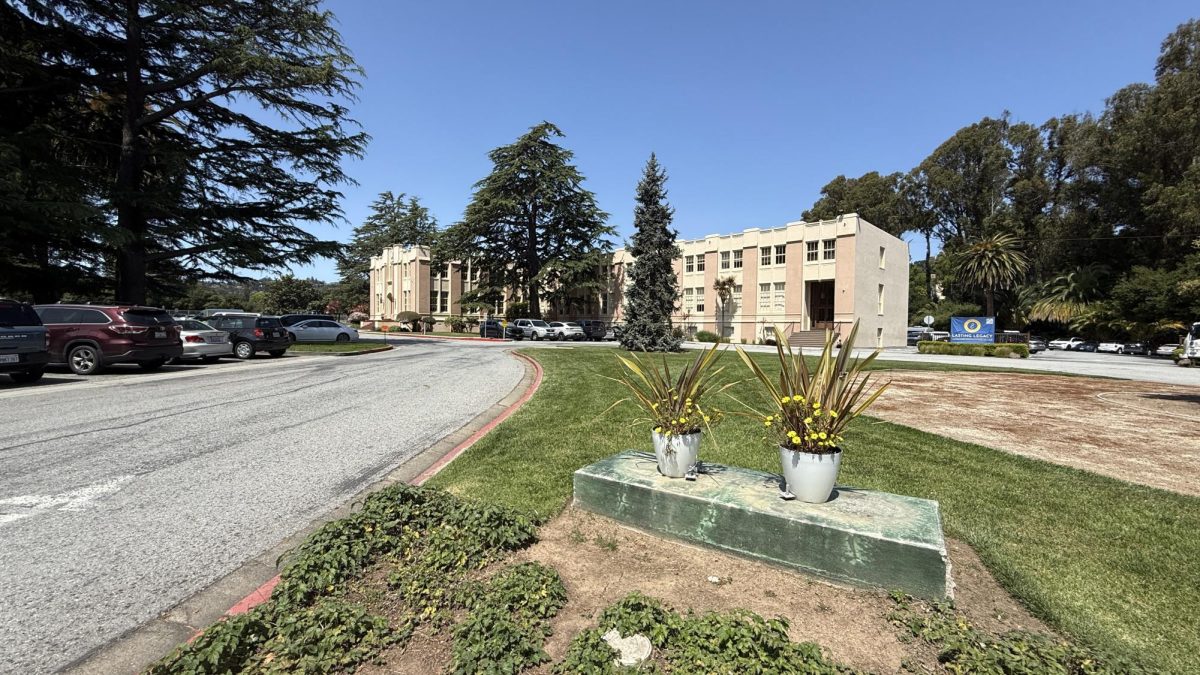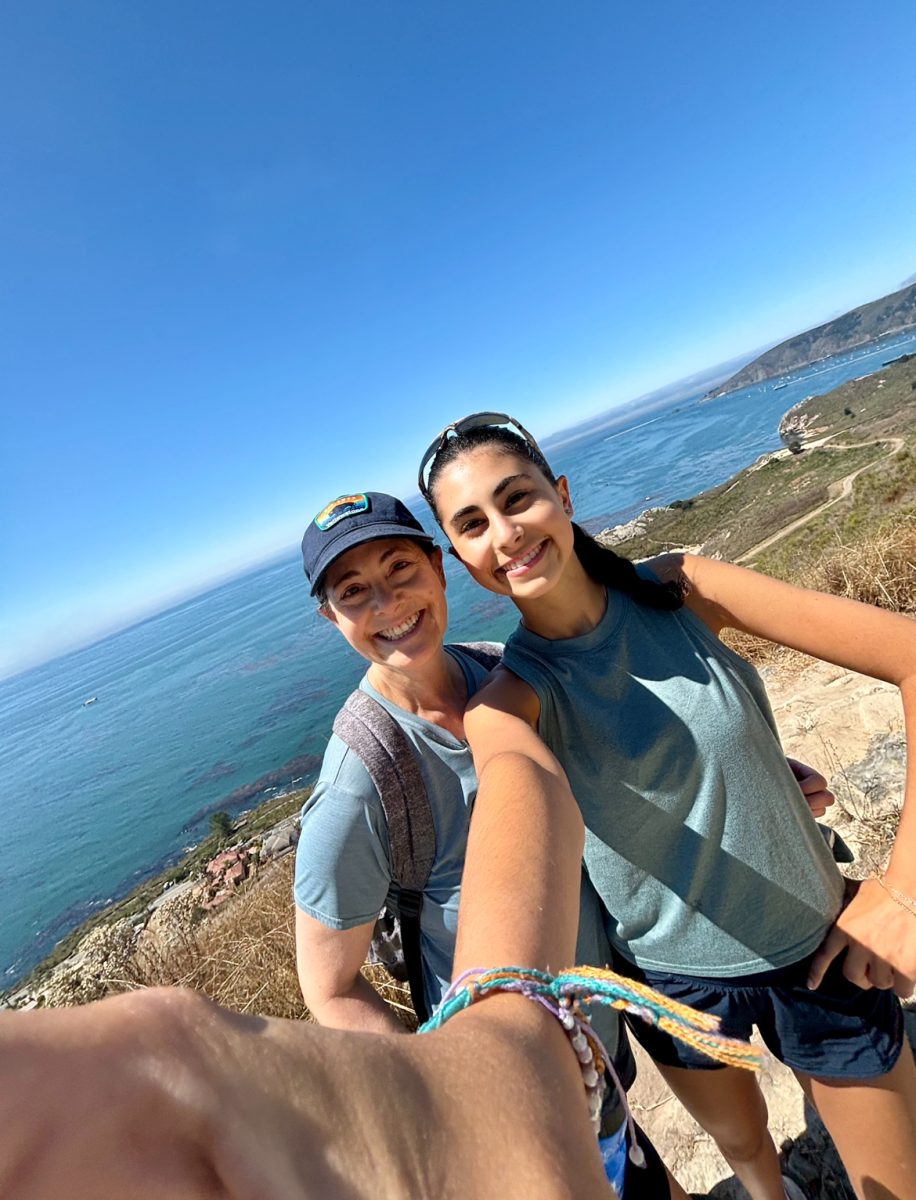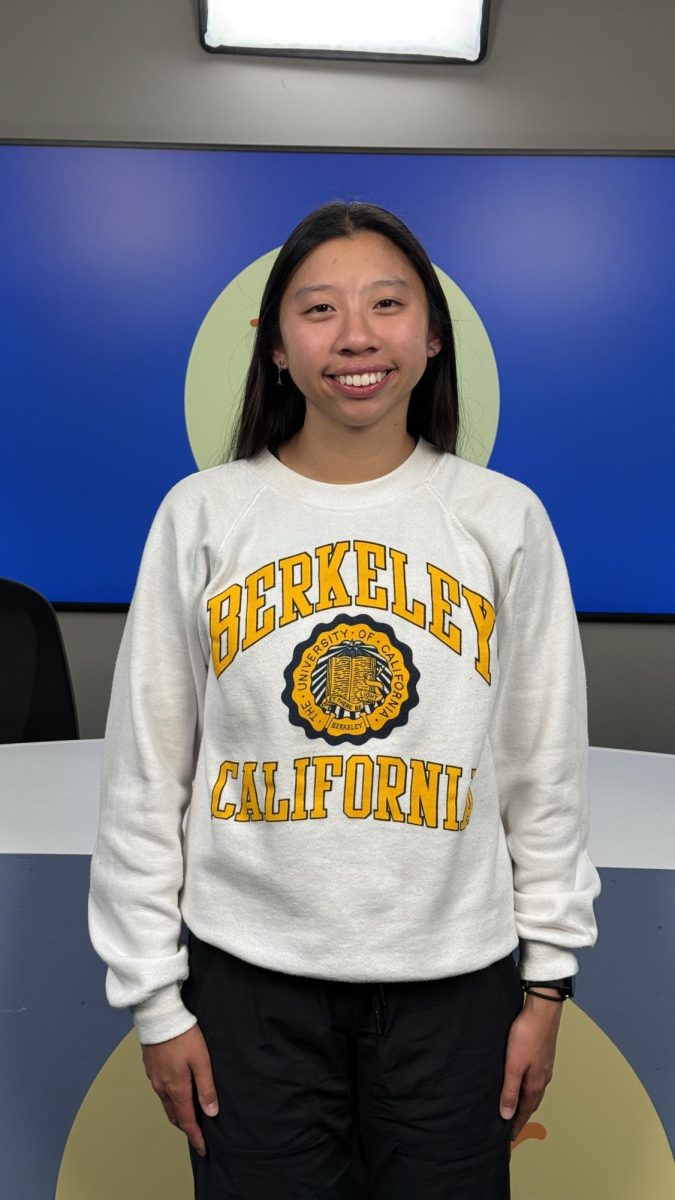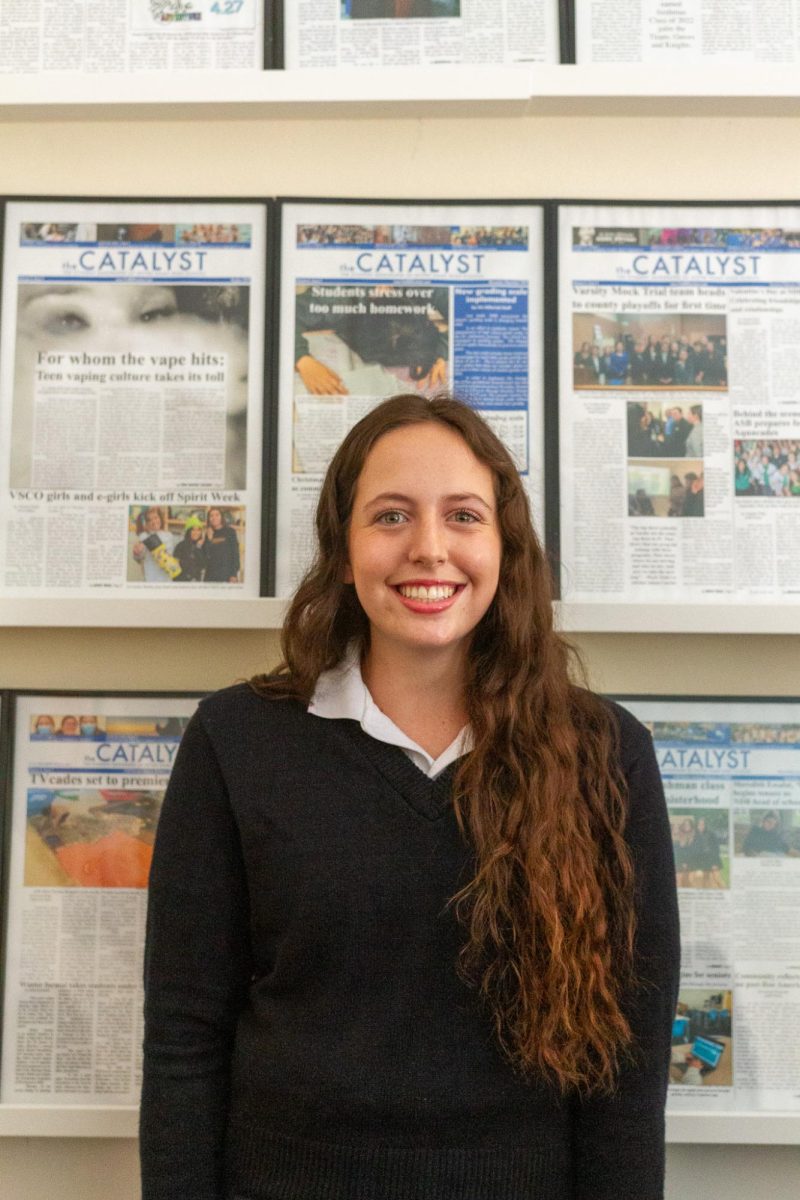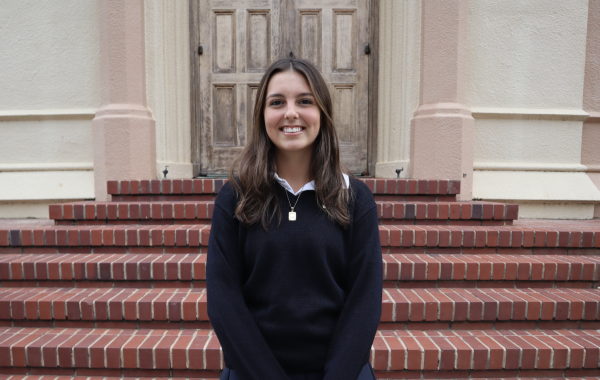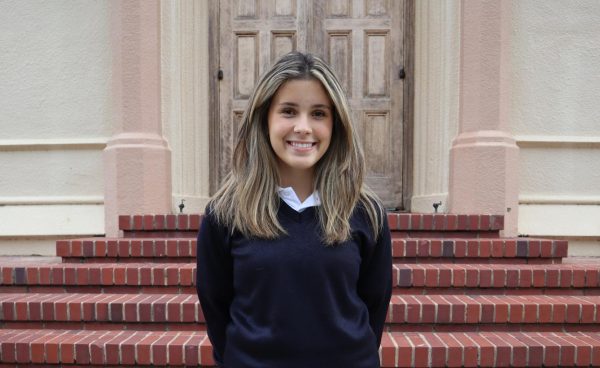Over the past few weeks, Associate Head of School for Curriculum and Instruction Jolanda Breazeale joined class meetings to make an announcement regarding the use of artificial intelligence (AI) tools in the classroom.
According to Breazeale, there was an overwhelming number of students who were caught using AI on assignments last semester. Given that AI tools, like “ChatGPT,” are relatively new, teachers were initially forgiving of student use. However, when AI was detected, most teachers reported it, but stated that they had discussed the situation with the student, so the administration did not see it necessary to move forward with punishment.
Unfortunately, this has happened too often, and it became an issue that had to be addressed with the entire student body. Breazeale reminded students that according to page 21 of the 2023-2024 NDB Parent/Student Handbook, “[u]nless specifically allowed by the teacher, students are prohibited from using any and all Artificial Intelligence tools, large language model (LLM) tools or essay writing services to guide, brainstorm, draft or create student work related to any assessment or assignment, including written assessments, projects and performance tasks.”
The handbook also emphasizes that the use of AI will be treated as plagiarism and, on page 29, states that “[t]urning in work that was written by other people or by generative AI resources as if it were the student’s own without citation/notification is plagiarism, which represents a violation of NDB’s honor code. It will be considered a serious academic infraction.”
In accordance with NDB’s plagiarism policy, students who submit AI as their own work will receive 50% of the total points earned on the assignment, may be asked to participate in restorative action with the Academic Integrity Review Board (AIRB) and are subject to other academic punishments. More information about the consequences of breaching the Academic Integrity Policy can be found in NDB’s handbook starting on page 28.
Due to the prevalence of AI use last semester, NDB will not condone any uncited works that indicate a generative tool was used to supplement student work. Some programs, such as “Grammarly,” are permitted if used to check grammar or spelling without changing the content and voice of the student’s work. Through AI detection programs like “Turnitin,” teachers will monitor assignments and are encouraged to report any suspicions to administrators.
AI is becoming increasingly easier to access without getting caught and get away with, but there are long-term effects that it can have on students’ education. As a college preparatory school, NDB is dedicated to developing college-ready students who can make their own opinions and back them up with evidence.
“AI is with us to stay, and it is a useful tool in a lot of ways. But, in the classroom, the challenge is that, oftentimes, the skill that we’re trying to teach students has to do with their critical thinking skills,” said Breazeale. “Generative AI is not a student’s voice, and it’s not their thinking. It is a summary of internet content. The reason we don’t want students to use it is because it undermines their education and future thinking. If they can’t write in their own voice, and they can’t synthesize and analyze, that is a deficit that will appear in their lives.”
In an age of quickly advancing technology, the community continues to adapt. In the upcoming semester, students and teachers will receive support in properly using AI tools, and actions will be taken to regulate the misuse of AI.

